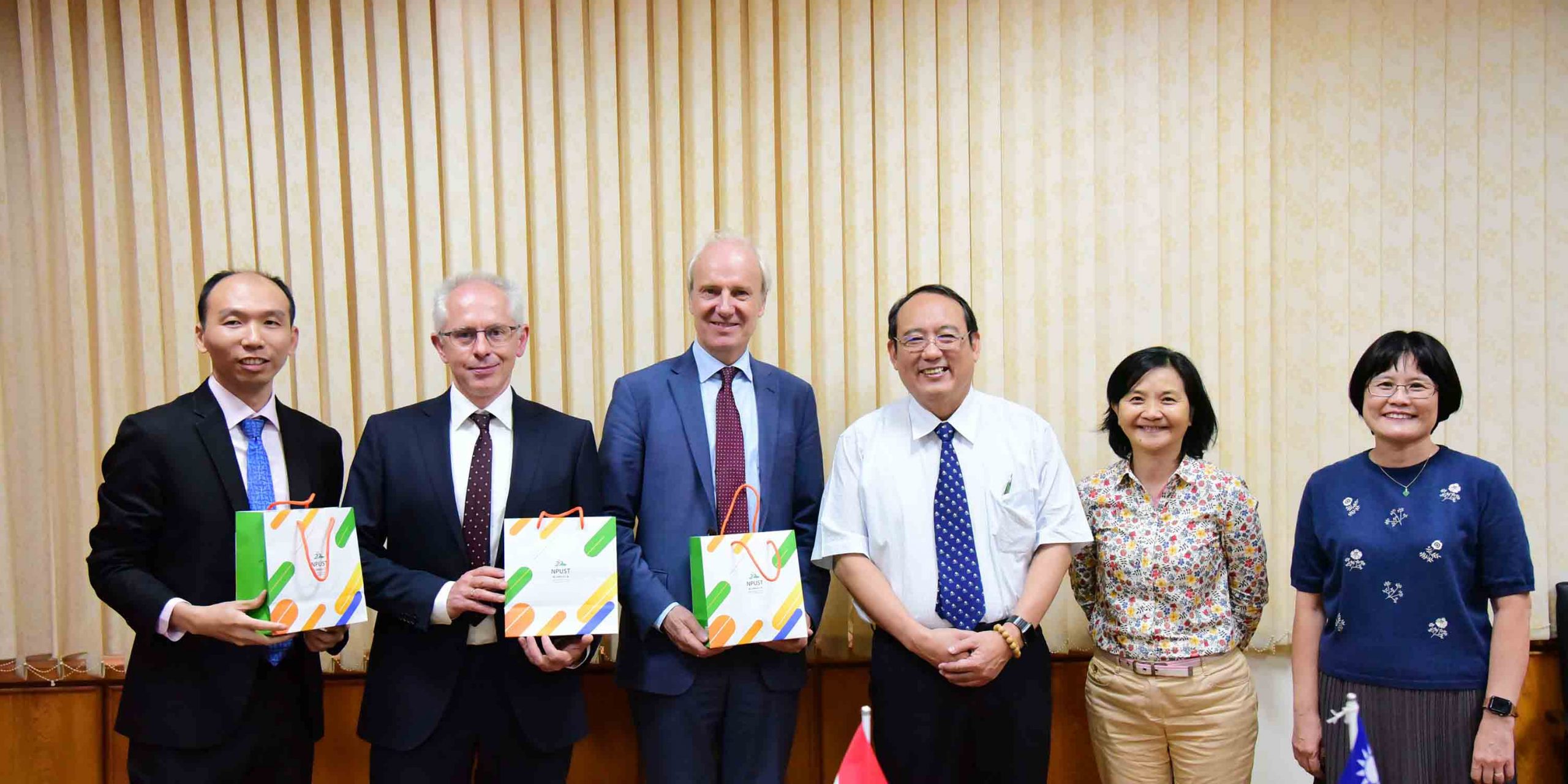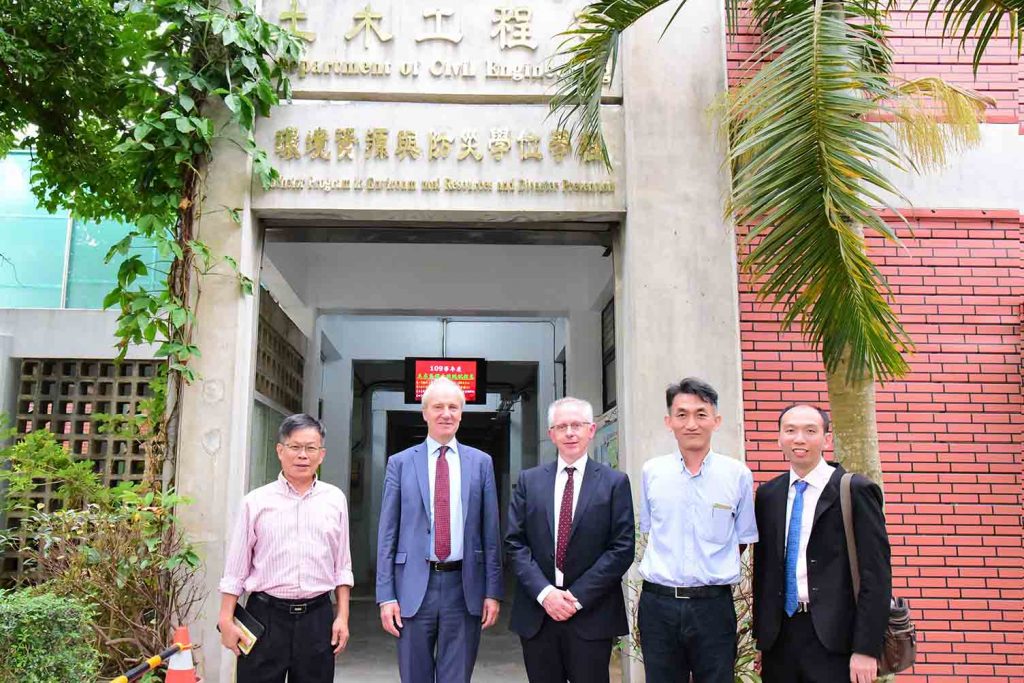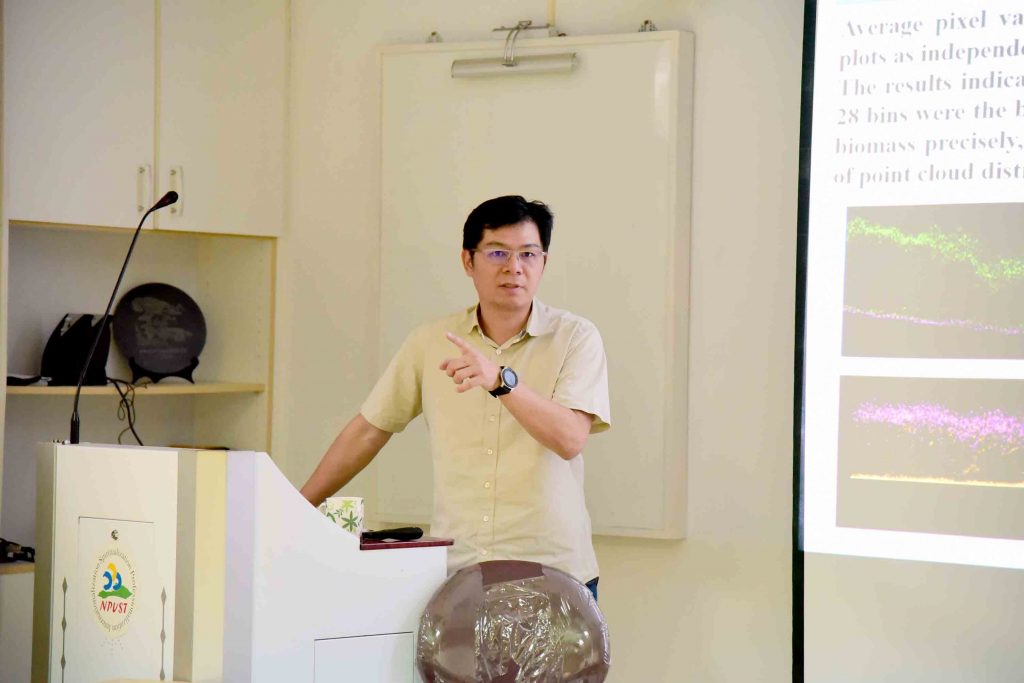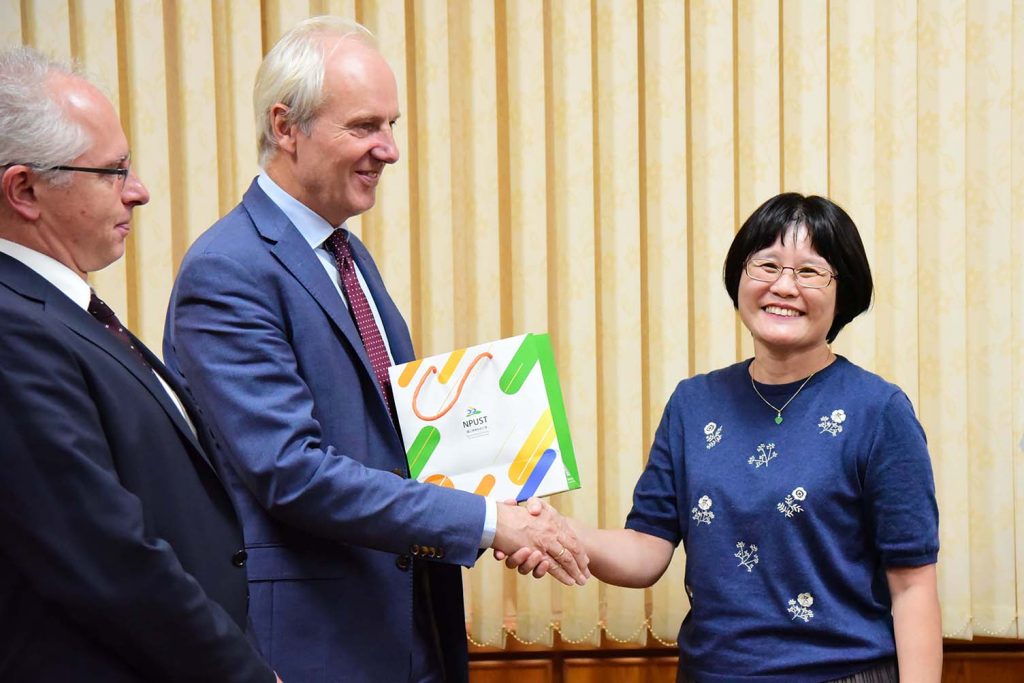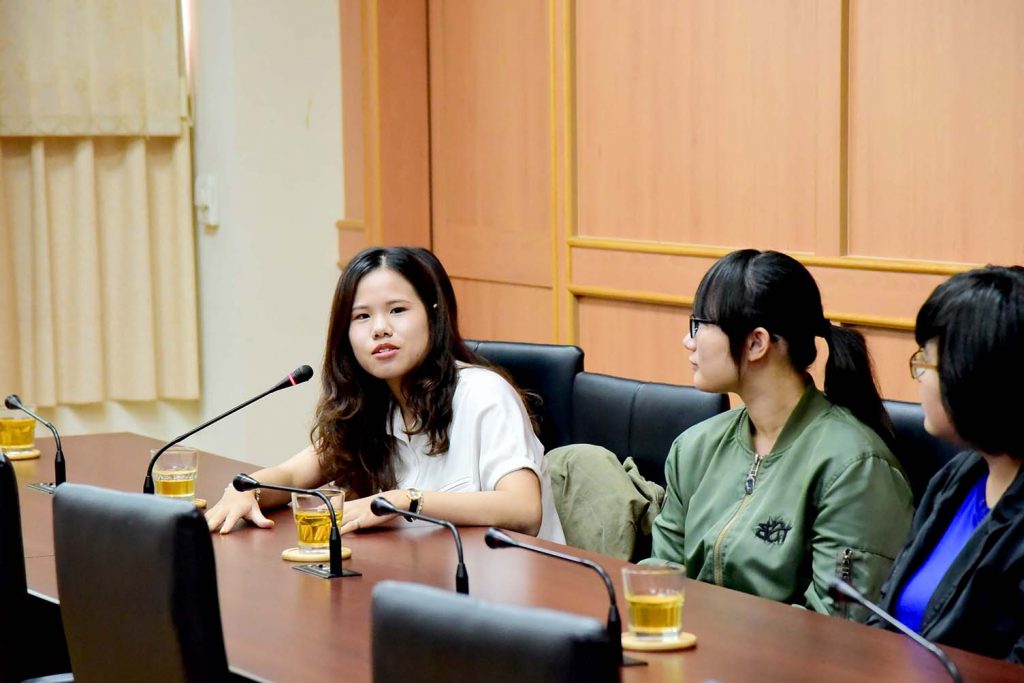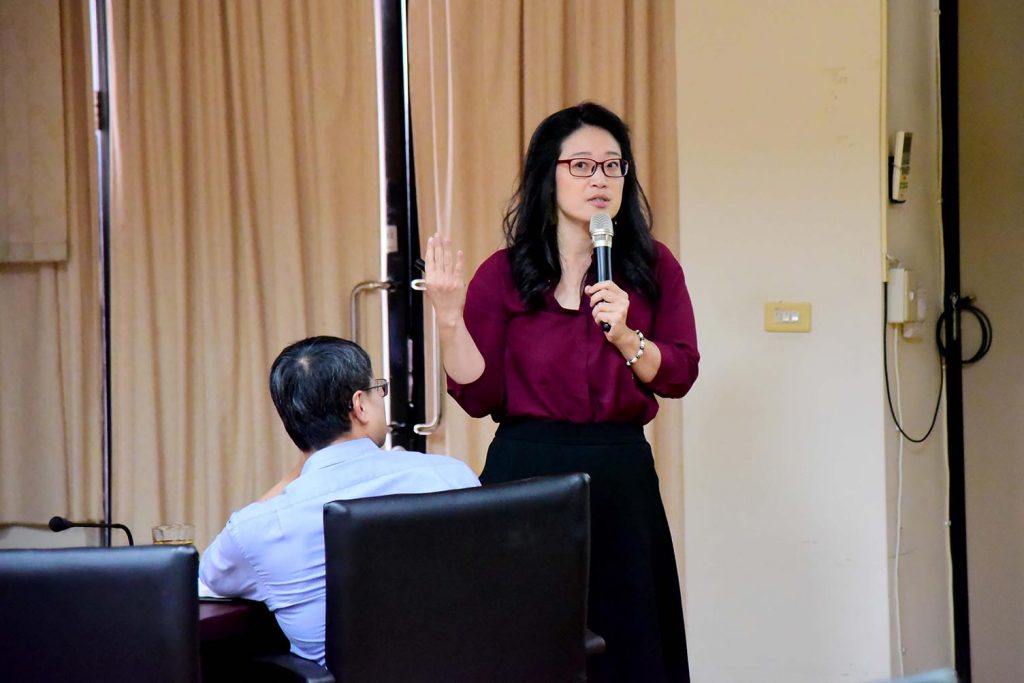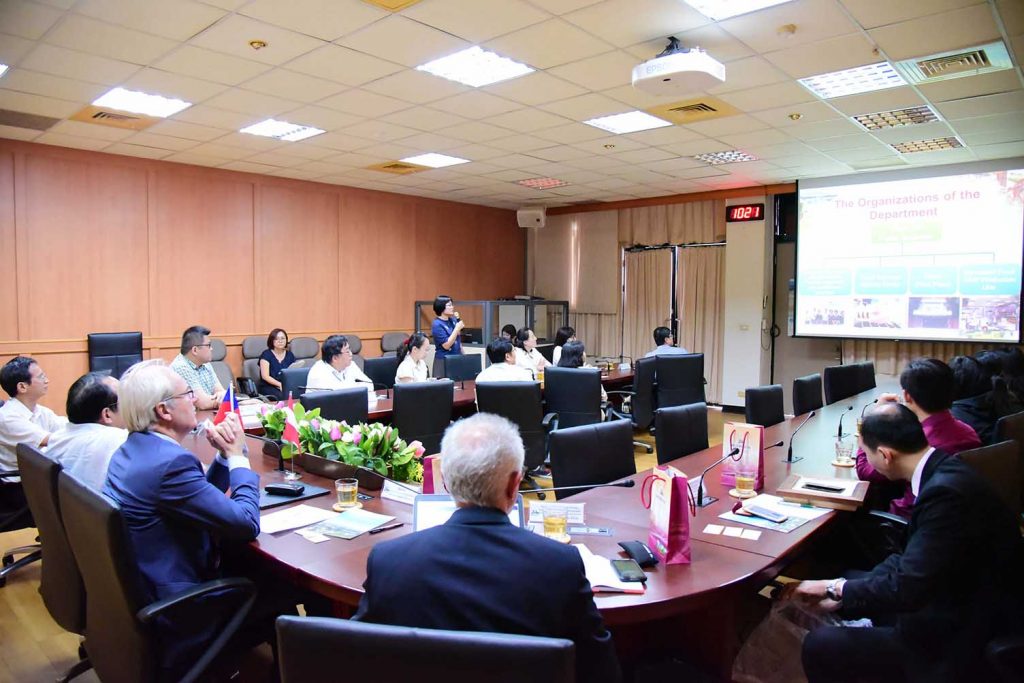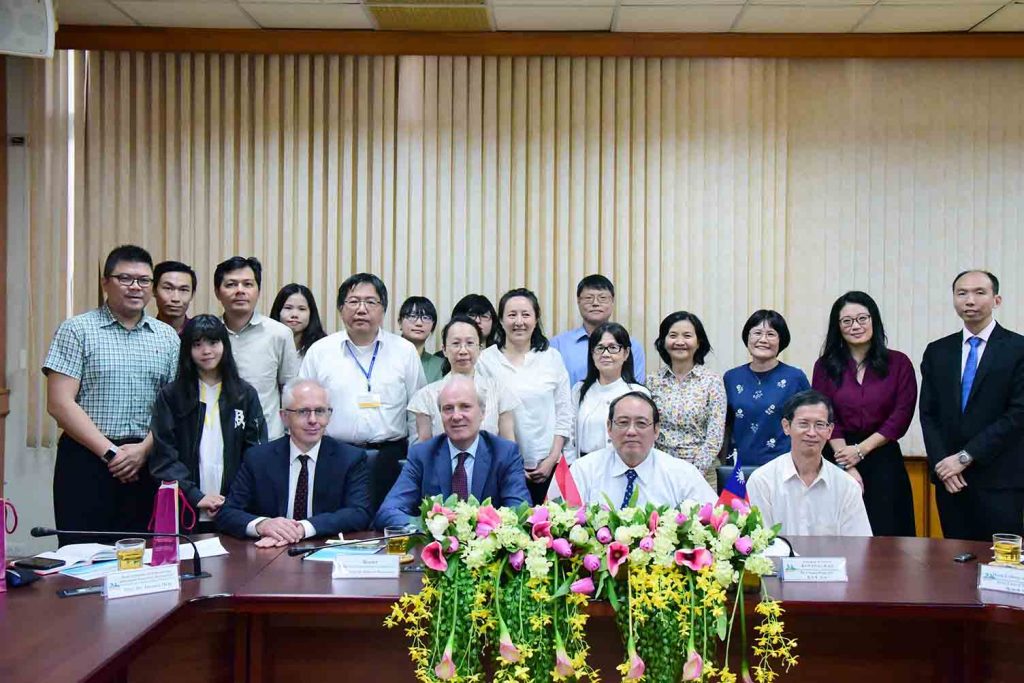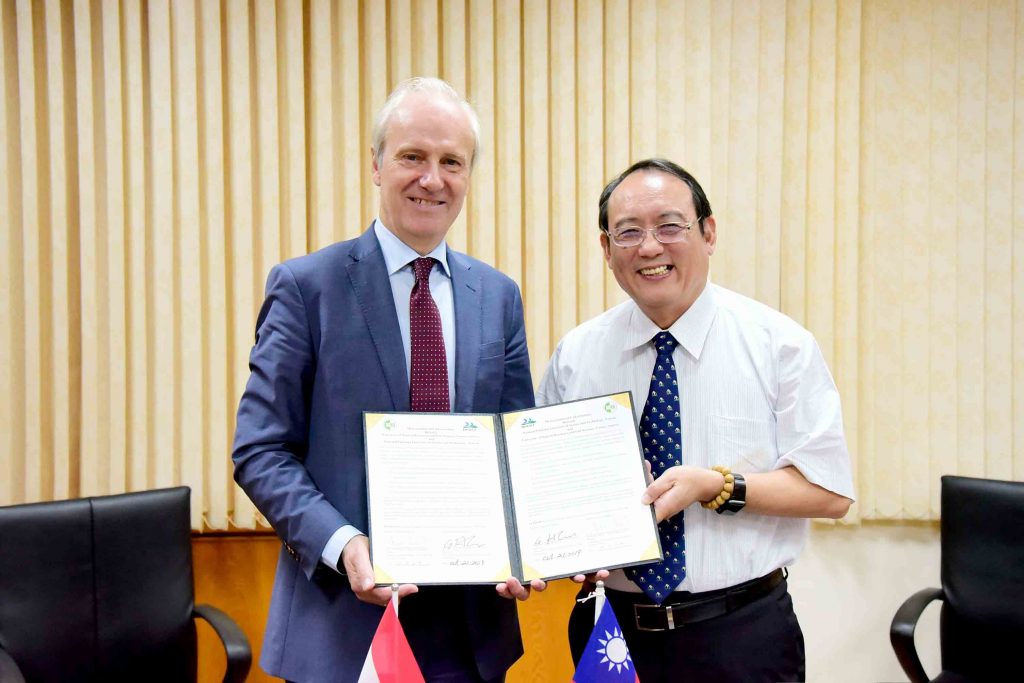On October 21, 2019, Dr. Hubert Hasenauer, the rector of University of Natural Resources and Life Sciences (BOKU), and Dr. Thomas Hein, the head of the BOKU Institute of Hydrobiology and Aquatic Ecosystem Management (IHG) visited NPUST to meet with its representatives and discuss matters of cooperation.
NPUST President Dr. Chang Hsien-Tai, Office of International Affairs Dean Dr. Pomin Li, R&D Director Dr. Yo-Chia Chen and a number of other college deans and professors welcomed the visitors from Vienna. Following the scheduled meeting and discussions, the guests were taken to the Department of Forestry and the Department of Civil Engineering to learn more about the school’s facilities and explore opportunities for future cooperation. During this time, representatives from each university shared on the special features and development goals of their respective institutions.
The friendly partnership shared by NPUST and BOKU goes back to 1997, when a sister-school agreement was first established between the institutions. Over the years, the pair has also been involved a number academic exchanges which have enriched their relationship with one another.
During the current visit, in addition to signing an extension to a pre-existing Memorandum of Understanding, BOKU identified three common areas of research which the two universities would stand to benefit in if they were to pursue greater levels of cooperation; namely, living space development, bio-resource management, and natural health. The parties exchanged many ideas with one another and expressed their intentions to organize academic exchanges and talent cultivation activities with different departments in the future.
Dr. Hubert Hasenauer, who is an expert in the field of forestry, conducts research which is very much in-line with NPUST’s smart forestry and climate related activities. For instance, NPUST recently developed an applied geographical information survey system which is being adopted by government agencies for use in forest information analysis and management. Additionally, the university is integrating UAVs and optical systems for a new approach to forest management which will be more efficient in gathering information. It is more than likely that such activities could dovetail with some of the work that is being performed by Dr. Hasenauer and his colleagues at BOKU, thus presenting considerable opportunity for cooperation and exchange.
Professor Wang Yu-Min of the Department of Civil Engineering has also been conducting a numbers of projects which are of interest to the visitors, including his smart greenhouse technology project which is developing techniques to control crop production and increase output.
Ultimately, the visit provided an opportunity for fruitful discussion and inspired new ideas for future academic cooperation. Expectations are that in the near future, NPUST and BOKU will begin taking steps to develop some of their common features together and create more channels of exchange for their students, helping them to broaden their international world views and gain access to more diverse skill sets.

